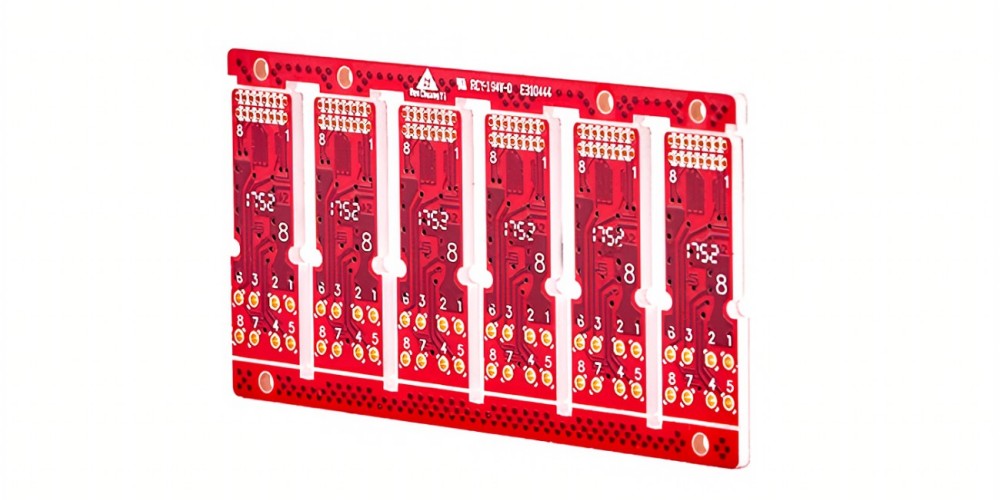Overview of DeWAL Low Density Films
DeWAL Industries manufactures a variety of low density polyethylene (LDPE) films for industrial and consumer applications. These films provide strength, flexibility, and chemical resistance at a lower cost than other plastic films.
Some key features of DeWAL’s LDPE films:
- Low density between 0.910-0.940 g/cm3
- High impact strength and puncture resistance
- Good tensile strength and elongation
- Excellent chemical resistance
- Heat sealability
- Moisture barrier properties
- Transparency and gloss
Applications of Low Density Films
DeWAL’s LDPE films have a wide range of uses across many industries:
Packaging
- Food packaging bags and liners
- Medical packaging for devices and pharmaceuticals
- Protective packaging for electronics and industrial parts
Construction
- Vapor barriers and damp proof membranes
- Weather resistant films and sheeting
- Drop cloths and temporary floor/surface protection
Agriculture
- Greenhouse films
- Mulch films
- Temporary pond and dam liners
| Film Type | Thickness Range | Key Properties | Typical Uses |
|---|---|---|---|
| LDPE Film | 1-10 mil | Strength, flexibility, puncture resistance, low cost | General packaging, food packaging, medical packaging |
| Laminated LDPE Film | 1-10 mil | Enhanced strength, barrier resistance, aesthetics | Packaging for chemicals, pharmaceuticals, electronics |
| Coextruded LDPE Film | 5-30 mil | Multilayer properties, combined advantages | Heavy duty packaging, agricultural films |
Manufacturing Process

DeWAL uses an extrusion process to manufacture their LDPE films:
- Polymer resin is gravity fed into the extruder hopper
- The extruder melts and blends the polymer into a homogenous melt
- The melt is extruded through a flat die as a thin plastic sheet
- The sheet is rapidly cooled by chill rolls
- The cooled film is then wound into rolls
Extrusion lines can be configured for different film widths and layer structures. Coextrusion allows simultaneous extrusion of multiple layers to obtain specific properties.
Quality Control
To ensure consistent quality, DeWAL subjects all LDPE films to rigorous testing:
- Gauge/thickness measurement
- Dart impact strength
- Elmendorf tear resistance
- Tensile and elongation
- Puncture resistance
- Seal strength
- Optical properties
Real-time monitoring and strict process controls are implemented during production.
Frequently Asked Questions
What are some common uses of LDPE film?
Some of the most common uses are food packaging like bread bags and frozen food bags, shipping envelopes, plastic bags, shrink wrap, and plastic sheeting for construction and agriculture.
How does LDPE film compare to HDPE film?
LDPE has lower density, tensile strength, and chemical resistance than HDPE but is more flexible and better at heat sealing. LDPE is well-suited for packaging while HDPE is better for rigid containers.
Can LDPE film be recycled?
Yes, LDPE film can be recycled, usually into composite lumber, landscaping boards, trash bags, and other plastic products. Clean LDPE film is sought after by many recyclers.
Is LDPE film safe for food packaging?
Yes, LDPE is FDA-approved for food contact and offers a good moisture and oxygen barrier to help preserve foods safely. As long as proper sanitation procedures are followed, LDPE is very safe for food packaging.
What thickness of LDPE film should I choose?
It depends on your application, but 2-4 mil films are common for general packaging, while heavier 8-10 mil films provide more durability for shipping sacks and industrial uses. Talk to your supplier about your specific needs.

Leave a Reply